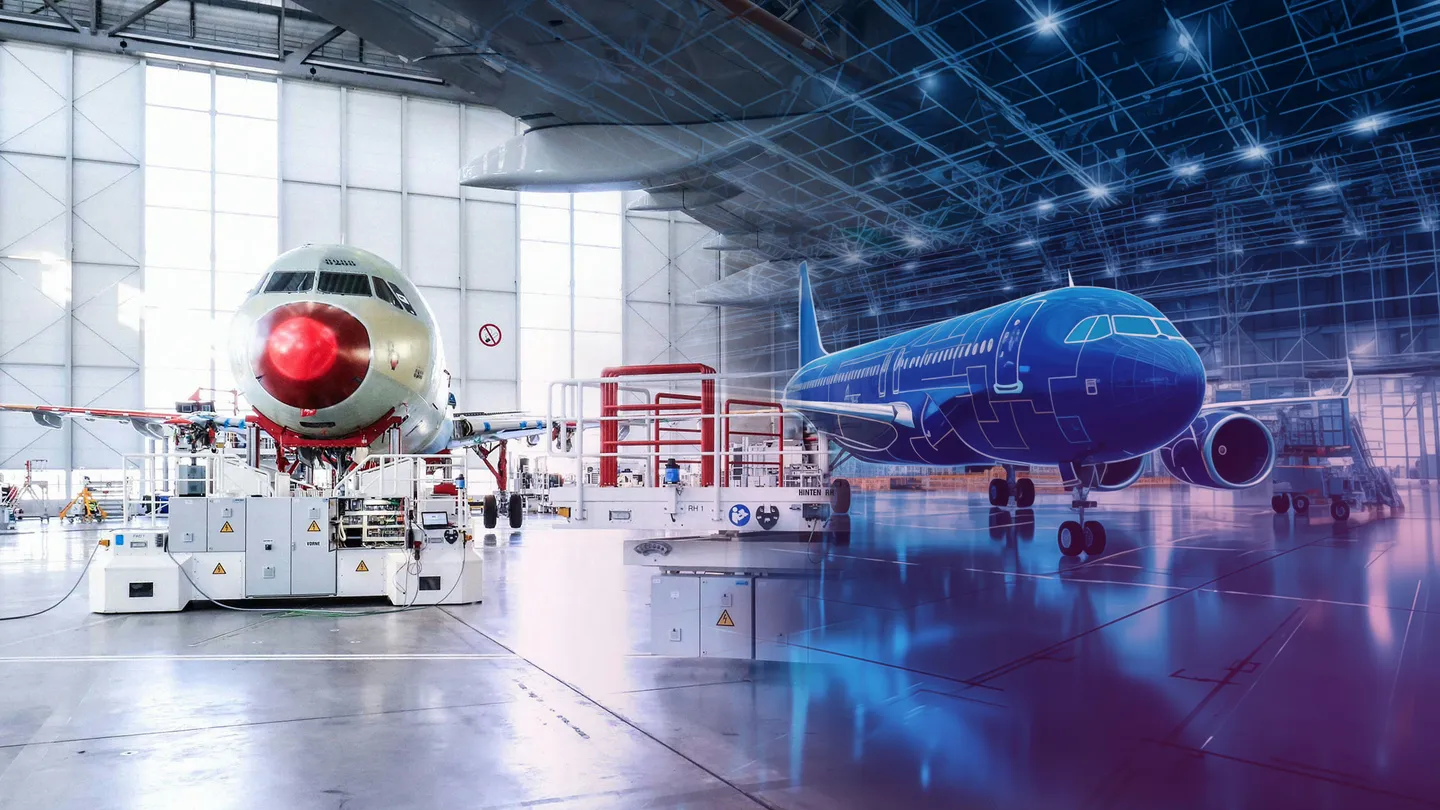The advent of AI in space probe navigation is revolutionizing the way we explore the cosmos. As humanity’s curiosity about outer space continues to grow, the role of artificial intelligence becomes increasingly important in navigating the vast and unknown territories of space. This article delves into how AI is shaping the future of space exploration and the significant benefits it brings to space probe navigation.

The Growing Need for AI in Space Exploration
The complexities of space travel necessitate the development of advanced technologies to ensure successful missions. Traditional navigation systems, while effective, face limitations when dealing with the unpredictable nature of space. This is where AI comes into play, offering enhanced capabilities and precision in navigating space probes.
Advantages of AI in Space Probe Navigation
AI technologies provide numerous advantages for space probe navigation, including:
- Autonomous Decision Making: AI systems can make real-time decisions without human intervention, crucial for long-distance space missions.
- Enhanced Accuracy: AI algorithms improve the precision of navigation, reducing the risk of errors in trajectory calculations.
- Adaptive Learning: AI can learn from past missions to optimize future navigation strategies.
How AI Works in Space Navigation
The integration of AI in space navigation involves several key components. These include machine learning algorithms, neural networks, and advanced data analytics. Together, they enable space probes to process vast amounts of data and make informed decisions based on the current conditions of space.
Machine Learning in Space Probes
Machine learning plays a pivotal role in the AI-based navigation of space probes. By analyzing historical data and learning from previous missions, these systems can predict potential challenges and adapt their navigation strategies accordingly. For more insights on how machine learning is applied in aerospace, visit Machine learning in flight test data.
Neural Networks and Data Processing
Neural networks are employed to process complex patterns in the data collected from space. This allows for better identification of celestial objects and obstacles, ensuring that space probes can navigate safely and efficiently.
AI’s Role in Overcoming Space Challenges
Space exploration presents numerous challenges, including communication delays, harsh environments, and the vast distances involved. AI helps overcome these challenges by providing autonomous systems capable of operating independently of human control.
Communication Delays
Space missions often face significant communication delays due to the vast distances involved. AI enables space probes to operate autonomously, making critical decisions without waiting for instructions from Earth.
Adapting to Harsh Environments
The unpredictable and harsh conditions of space require robust systems that can adapt in real-time. AI allows for dynamic adjustments to navigation strategies, improving the resilience and success rate of missions.
Enhancing Mission Success with AI
The integration of AI in space probe navigation enhances the overall success of missions by improving the efficiency, accuracy, and reliability of navigation systems. This leads to more successful data collection, exploration, and discovery in space.
Real-World Applications and Success Stories
The use of AI in space exploration has already yielded significant achievements. For example, NASA’s Mars rovers utilize AI for autonomous navigation, allowing them to explore the Martian surface with minimal human intervention. For more on AI’s impact, see AI in traffic control systems.
Future Prospects of AI in Space Navigation
The future of space exploration will undoubtedly be shaped by the continued advancement of AI technologies. As these systems become more sophisticated, they will enable more complex and ambitious missions, unlocking new possibilities for exploring our universe.
Innovations on the Horizon
Future innovations in AI are expected to include enhanced machine learning algorithms, improved sensor technologies, and more robust autonomous systems. These advancements will further improve the capabilities of space probes, allowing for deeper exploration into space.
Conclusion
AI in space probe navigation is transforming the way we explore space, providing new opportunities and overcoming challenges that were once thought insurmountable. As we continue to push the boundaries of what is possible, AI will play an increasingly vital role in the success of space missions.

FAQs
What is the role of AI in space probe navigation?
AI improves the accuracy, autonomy, and efficiency of space probe navigation, enabling successful missions in challenging environments.
How does AI help with communication delays in space?
AI allows space probes to operate autonomously, making real-time decisions without relying on delayed communications from Earth.
What are the future prospects for AI in space exploration?
The future of AI in space exploration includes advanced algorithms, better sensors, and more autonomous systems, leading to more ambitious and successful missions.
For more insights into the future of AI in the aerospace industry, visit The future of AI in aerospace.

